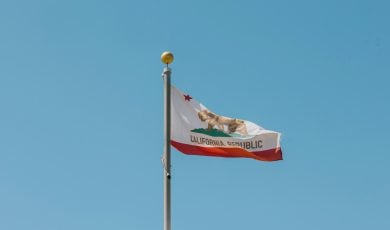A new bill filed in the Kentucky General Assembly could establish a fund to fuel gambling addiction services. The big (and a tad ironic) takeaway would be that funding for these services would come from online poker.
Bill details for Kentucky problem gambling fund
The bill, HB 609, was introduced by Representatives Adam Koenig-R and Al Gentry-D. If passed, it would create the $225 million Kentucky Problem Gambling Fund.
The money comes from the PokerStars lawsuit settlement reached last year. The Bluegrass State sued the online poker company for operating cash games illegally in the state. The settlement ends almost a decade of litigation.
Koeing told reporters:
“What better use of that money than to put it to problem gaming.”
What problem gambling advocates are saying
Brianne Doura-Schawohl, an advocate for problem gambling and consultant, said she was excited to hear Kentucky lawmakers were ready to correct the “long-overdue neglect.”
“Those individuals have gone without help and hope for far too long. I hope this is a new day for Kentucky and all those struggling.”
Doura-Schawohl estimates Kentucky has roughly 30,000 residents struggling with gambling addiction. She added the number of problem gamblers is likely to increase if the state decides to expand gambling.
Doura-Schawohl added:
“If this bill were to pass and become law, it would be the single largest funded problem gambling program in the nation. I would hope that the funding would be used for research, prevention, treatment and recovery that not only helps Kentucky but provides vital information and best practices for the entire nation, to help address this important public health issue.”
Likelihood of passing
HB 609 currently sits in the House Committee on Committees. There is reason to believe the bill will move to the House Licensing, Occupations, and Administrative Regulations Committee, which Koenig chairs.
Unfortunately, time is not on the bill’s side. Only 18 days remain in the 2022 legislative session, and the state has a mountain of work to complete. One such task is finalizing a state budget.
Kentucky will begin its 10-day veto period on March 31 and will meet on April 13-14 to consider overriding any bills vetoed by Gov. Andy Beshear.








